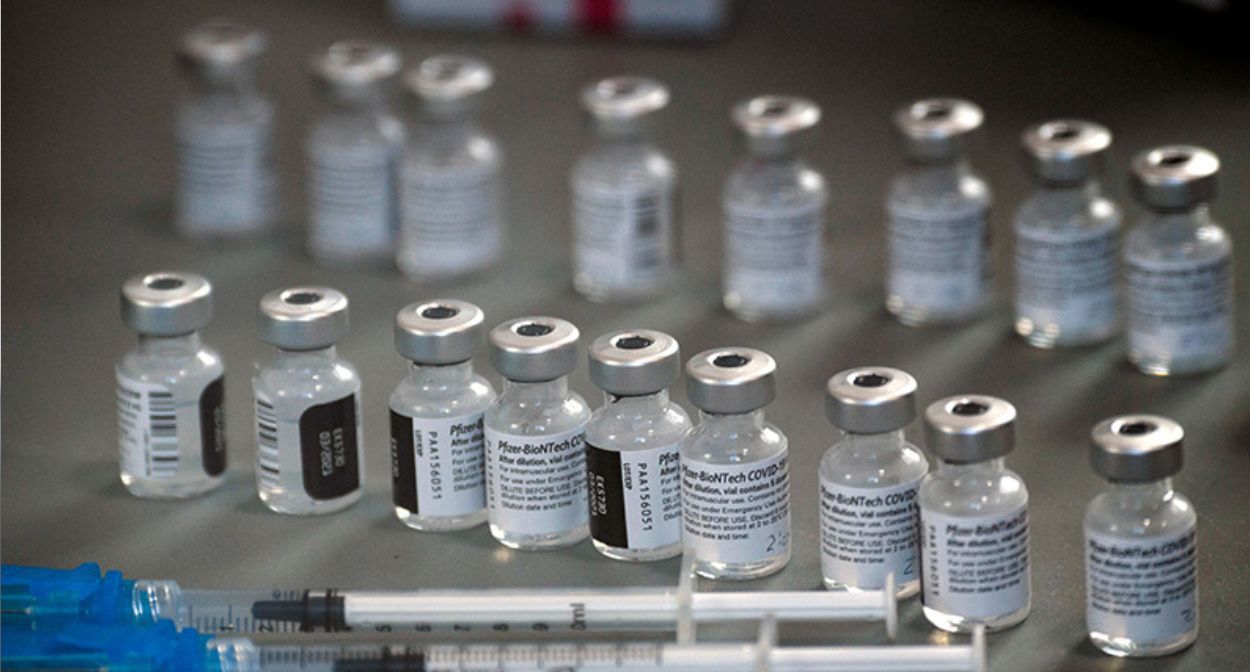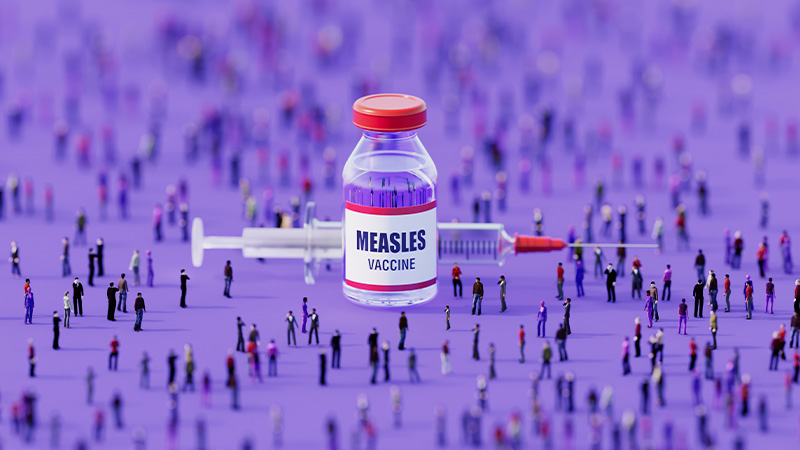A new study suggests that Pfizer’s respiratory syncytial virus (RSV) vaccine, known as Abrysvo, may be linked to premature birth in pregnant women.
The study found that the average time between vaccination and premature birth in pregnant mothers was just three days. Two-thirds of cases occurred within the space of a week.
Pfizer’s RSV vaccine was approved for pregnant women in August 2023. A month later, the CDC recommended that it should be administered to pregnant women in weeks 32-26 of their pregnancies to protect babies from RSV after birth.
For the new study, Canadian researchers used the Vaccine Adverse Event Reporting System (VAERS) database to assess adverse events following vaccination with the RSV vaccine during the period 1 September 2023 to 23 February 2024.
Of a total of 77 reports included in the database, over half of which were classified as serious, premature birth was the most frequent adverse event associated with pregnancy. Other pregnancy-related adverse effects such as cervical dilation and hemorrhages were also reported.
Dr. David Healy, a drug safety expert and author of the book Pharmageddon, told The Defender that every RSV vaccine developed in the last 60 years has had serious side-effects.
“It looks like our latest efforts to overcome these problems have not helped and are leading to preterm births which have lifelong knock-on effects along with more serious RSV infections in children where these should be harmless.”
“Sixty years ago we recognized the problems and stopped. But now we seem determined to press ahead regardless,” he added.
“The intense push to get these vaccines means we will all have affected family members—this is not an abstract concern,” he added.





